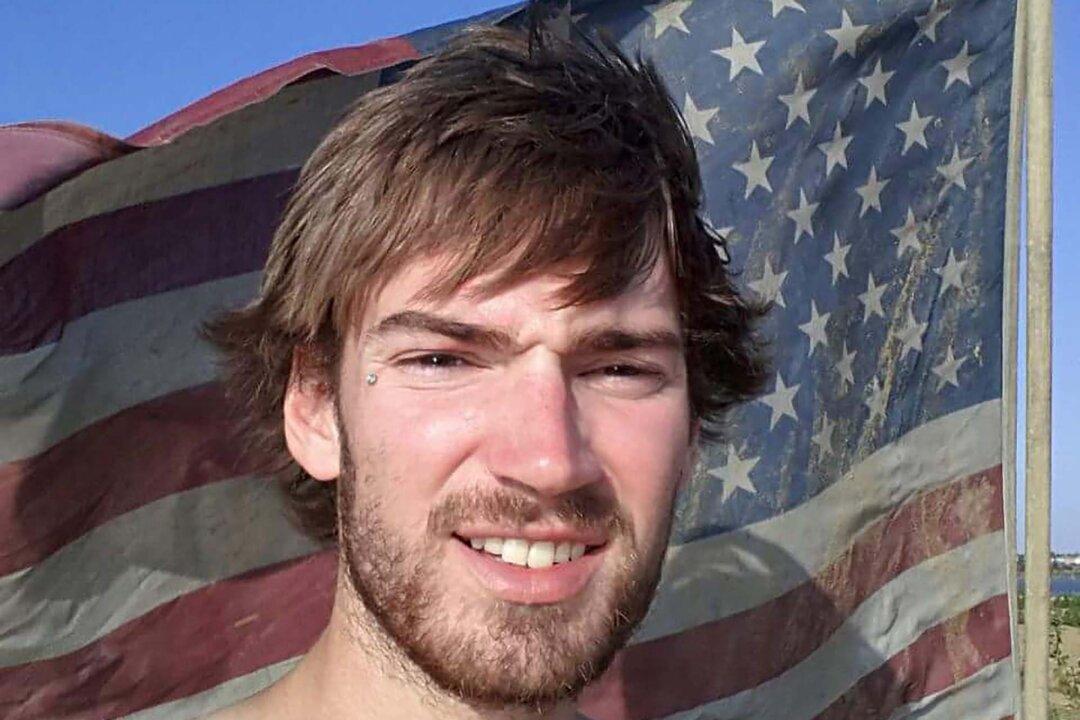Pfc. Logan White served two tours in Iraq as part of Operation Iraqi Freedom and was honorably discharged from the U.S. Army in May 2011. But his family says Logan’s war did not end until Sept. 26, 2017, after an accidental heroin overdose.
“People should know there are other ways that people can lose their lives to war than just being killed in action,” Logan’s widow, Alyse, told The Epoch Times.





